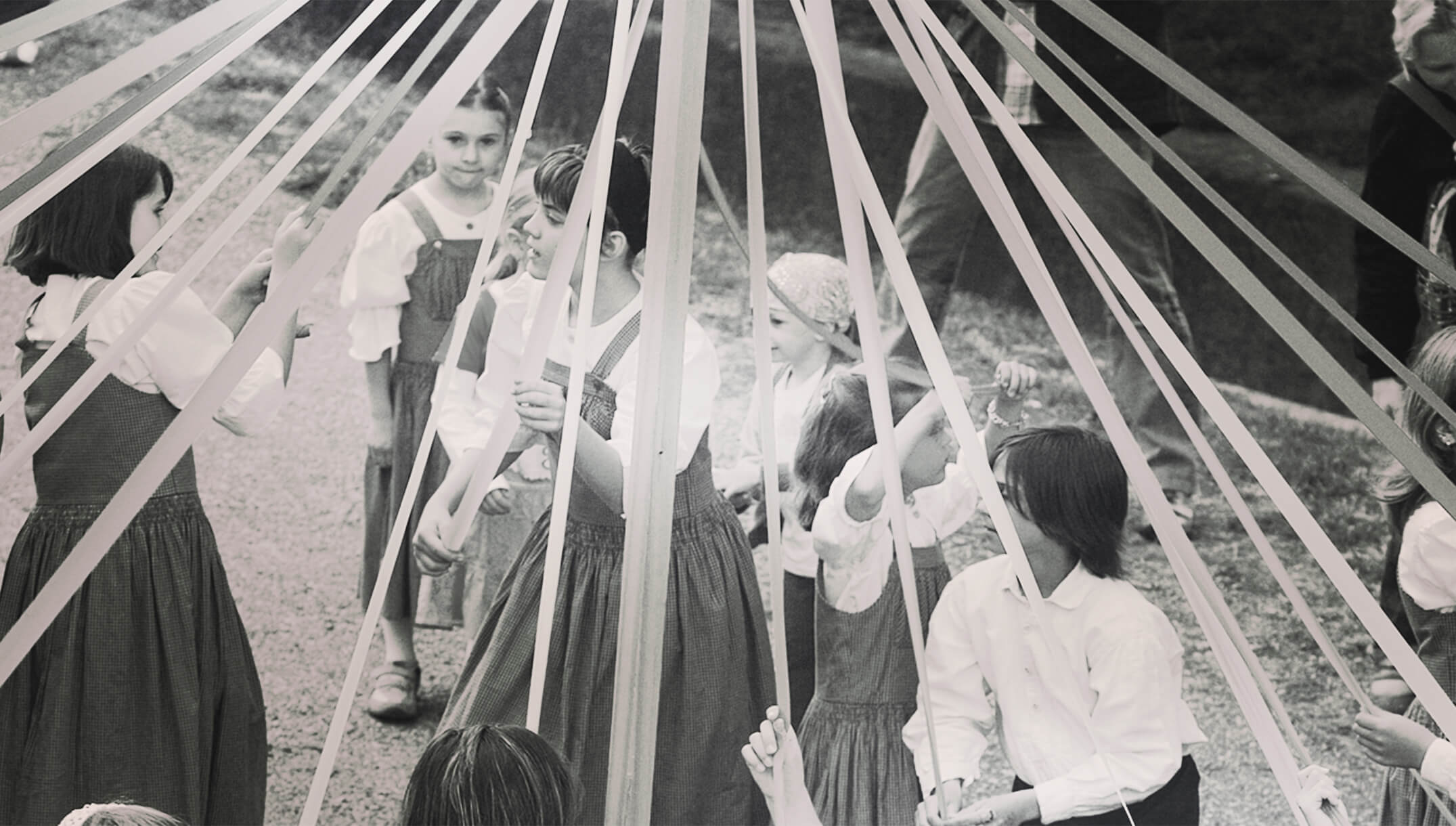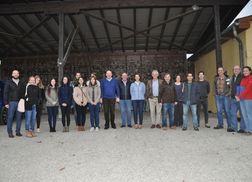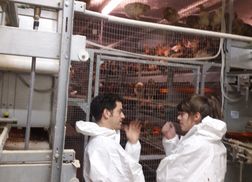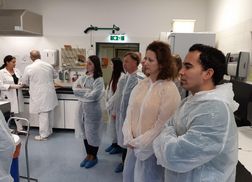Georgikon students on a study trip to Austria
First, we visited the headquarters of Schropper GmbH, a successful enterprise near Gloggnitz, Lower Austria. This company evolved from a family farm into a renowned business with decades of experience. The company operates parent farms, layer farms and hatcheries. It also engages in development and installation of complete poultry equipment and technologies.
At the excursion, the management of the company presented the history, structure and present business activities of the enterprise. Several issues of poultry nutrition and poultry health were raised during the discussions. Subsequently, our group visited the hatchery of the company.
After this interesting start of the excursion, our group visited a pullet farm operated by family Müllner. During this visit, we had the opportunity to see how the husbandry technology described in the previous presentations, the voliere system, operates in practice.
This farm belongs to the integration of Schropper GmbH. The technology, starter livestock and feedstuffs are provided by the company. The pullet farm operates the voliere system, which means that birds can move free in a closed house equipped with multi-level cages. Animals reared in such a system become familiar with moving vertically in the available space, and will be able to cope later on in the laying sites equipped with similar technologies.
On the second day of the study trip we visited the National Reference Centre for Salmonella of AGES in Graz. The head of the Department of Veterinary Microbiology, Dr. Heimo Laßnig, explained the history, the present structure and the activities of AGES. We learned that human and animal public health surveillance is integrated in the frames of AGES, unlike in Hungary and several other countries of the EU. Our hosts also described the measures taken to reduce the occurrence of major potential bacterial infections like Salmonella.
It was demonstrated how the number of outbreaks decreased as a result of these effective measures. After the presentations, we had the opportunity to see the process of Salmonella investigations from the arrival of the samples to the evaluation of the data.
The trip was closed with a pleasant lunch in downtown Graz, where we could already feel the Advent atmosphere.





